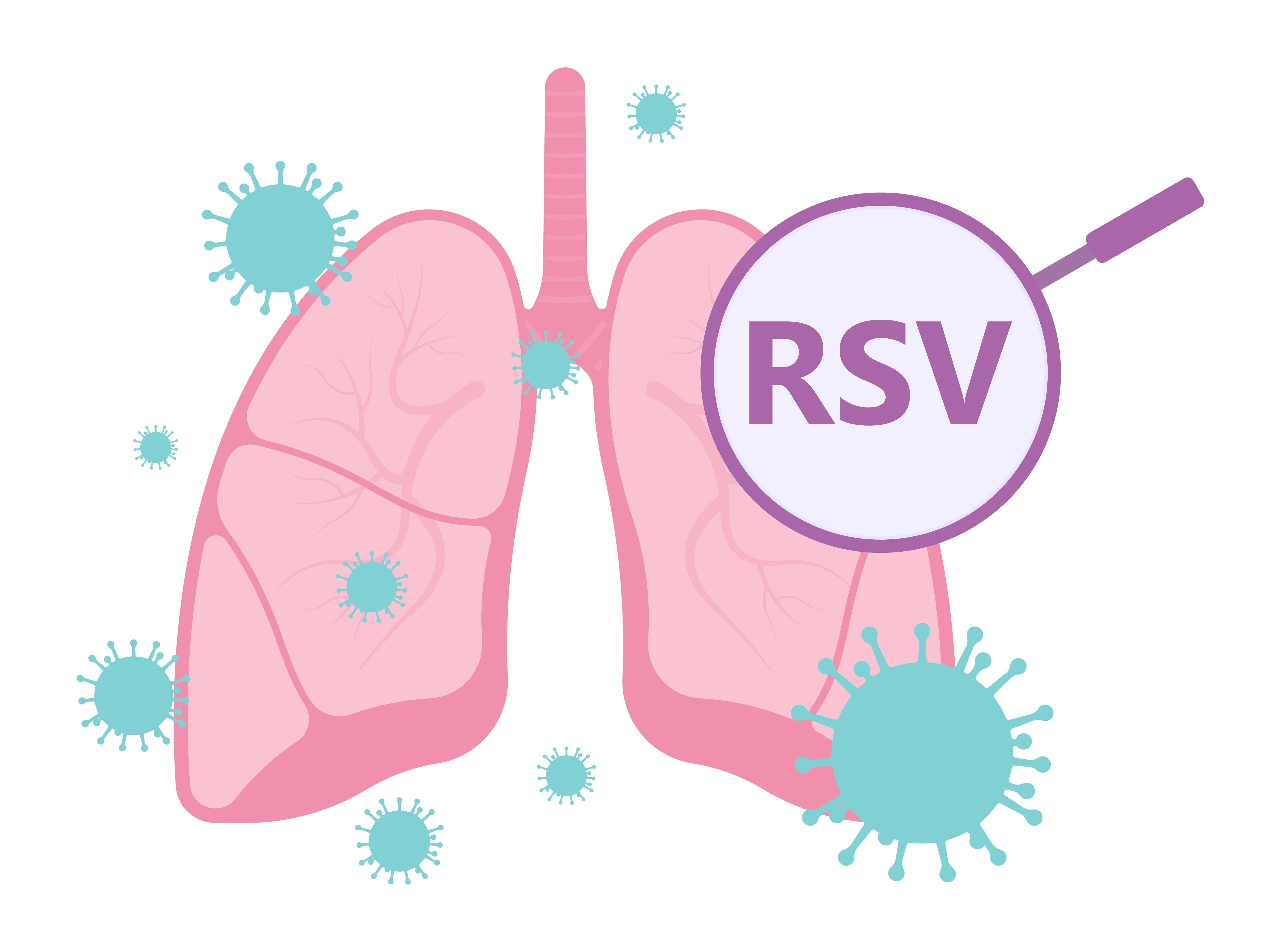RSV
What is it?
RSV, or respiratory syncytial virus, is a virus that causes respiratory infections. RSV can affect both children and adults. RSV may infect a majority of children by the age of three. Recovery from RSV gives some immunity against re-infection, although it is not long-lasting.
What are the symptoms?
In most cases, RSV infection causes a mild respiratory illness. The first symptoms usually appear five days after exposure to the virus and can worsen over the next 3-4 days before improving.
Symptoms can include
Nasal congestion
Cough
Sneezing
Fever
Ear infection (less common)
Wheezing
Difficulty breathing
Transmission
The RSV virus is transmitted through coughing and sneezing droplets. RSV can remain on hard surfaces for several hours and on the skin for a shorter period of time, after which it can be directly transmitted to the mouth, nose, and eyes when these surfaces are touched.
Diagnosis
A Doctor can diagnose RSV by examining the body and symptoms.
Laboratory tests and X-rays may help rule out RSV complications or other conditions causing similar symptoms. A polymerase chain reaction (PCR) swab test can help identify the virus.
Outbreak Definition
Three or more people, including residents or staff, indicate a potential outbreak within the same 72-hour period.
